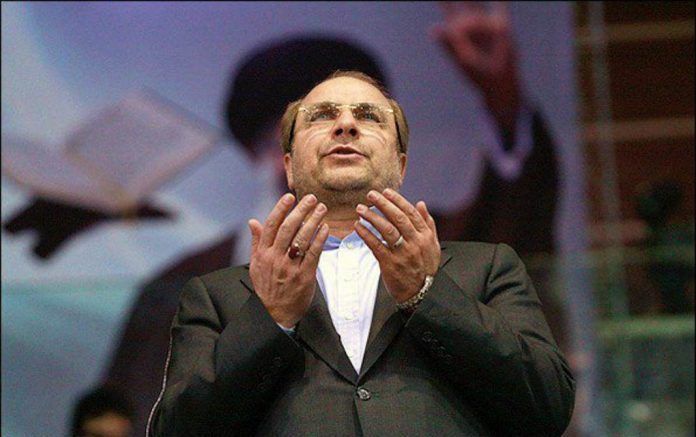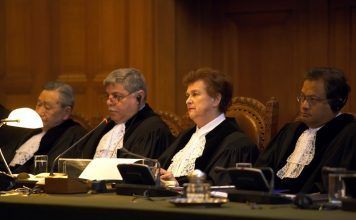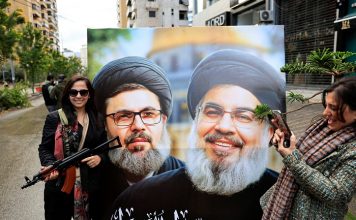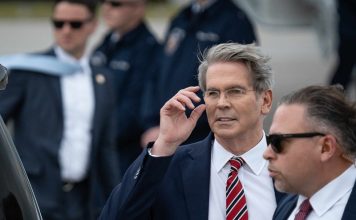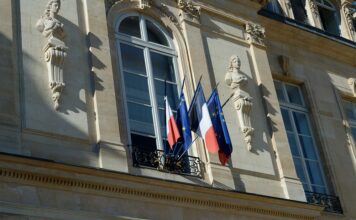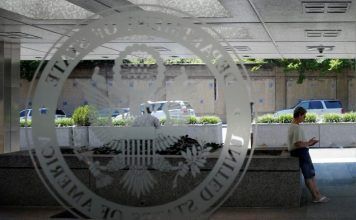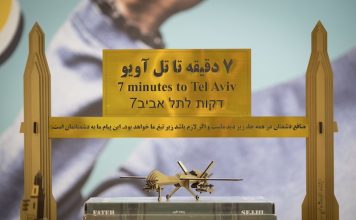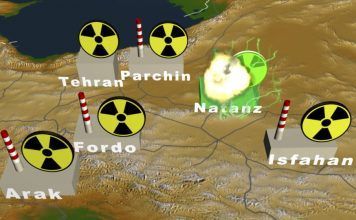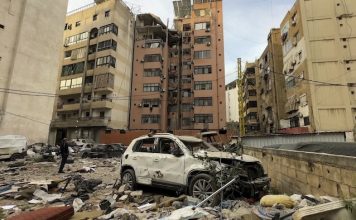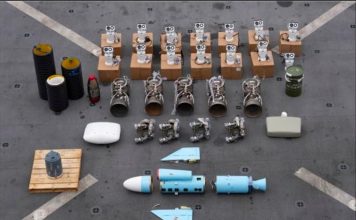By Kayhan Life Staff
ANALYSIS: Ghalibaf Is Reelected as Parliament Speaker in Islamic Republic
By Kayhan Life Staff
Mohammad Bagher Ghalibaf has been reelected as the Speaker of the 12th Majlis (Iranian Parliament). Despite the initially slim chances of Ghalibaf securing the position of Speaker, Iran’s Supreme Leader, Ayatollah Ali Khamenei, intervened to ensure that his preferred candidate assumed leadership of the Parliament – a strategic move to mitigate the political uncertainty created by President Ebrahim Raisi’s death in a helicopter crash on May 19.
Various names had been floated as potential candidates for the Speaker of the Majlis position. Eventually, Ghalibaf emerged as a contender alongside only two other rivals, Mojtaba Zonnour and Manouchehr Mottaki. In an open session of the Majlis on May 28, Ghalibaf secured the position of Speaker with 198 votes in his favor.
In Iran, the internal power struggle among the conservative factions has intensified. Two decades ago, the political landscape was dominated by reformist and fundamentalist groups. Today, the leader of the Islamic Republic is contending with a complex web of political currents that have thrived through corrupt practices, nepotism, and exploitation of national resources. These factions are now vying for supremacy within the government.
The conservative groups that competed in the Majlis election include the Coalition Council of Islamic Revolution Forces (SHANA), the Islamic Revolution Stability Front led by Hamid Rasaei, the Morning Front of Iran led by Raefipour, and the Islamic Revolutionary Forces’ Unity Council (AMNA). These groups consist of conservative factions led by clergy members, the Islamic Unity Party, and three conservative coalition entities.
Zonnour, a conservative cleric who represented the Qom electoral district in the 11th Majlis, was a runner-up for the Speaker of the Majlis position. Mottaki, who has represented Tehran, Rey, Shemiranat, Eslamshahr, and Pardis electoral districts in the Majlis since 2024, also served as Iran’s ambassador to Turkey (from 1985 to 1989) and Japan (from 1995 to 1999).
Mottaki, also the spokesperson for the Unity Council of Islamic Revolutionary Forces (a coalition of fundamentalist political factions), did not receive enough votes to secure a seat on the Majlis Presidium.
Earlier, it was announced that several Majlis deputies were vying for the first and second deputy speakers’ positions. The candidates included:
-
Hossein-Ali Haji-Deligani, representing the Shahin Shahr and Meymeh electoral districts in the central Isfahan Province.
-
Abdolreza Mesri, representing the Kermanshah electoral district in the western province of Kermanshah.
-
Ali Nikzad-Samari, representing the Ardabil electoral district in the northwestern province of Ardabil.
-
Hamid Rasaei Tehran, Rey, Shemiranat, Eslamshahr, and Pardis electoral districts.
-
Musa Ghazanfarabadi, representing the Bam electoral district in the southeastern province of Kerman.
-
Hamidreza Hajibabaei, representing the Hamedan electoral district in the western province of Hamadan.
Hajibabaei secured the highest number of votes, a total of 175. Nikzad-Samari followed closely behind with 162 votes. Mesri garnered 115 votes. Haji-Deligani received 96 votes. Rasaei received 35 votes, while Ghazanfarabadi received 16 votes.
Ruhollah Izadkhah, who represents the Tehran, Rey, Shemiranat, Eslamshahr, and Pardis electoral districts in the Majlis, withdrew from the election.
Hajibabaei and Nikzad-Samari were elected first and second deputy speakers, respectively.
Three women were among the candidates competing for the role of the secretary of the Majlis Presidium. None received the needed votes to secure one of the six secretarial positions. As a result, the Presidium remained an all-male body. This election was held in an open session of the Majlis, with 287 representatives present, who elected members of the Presidium for a one-year term.
Political divisions within the conservative faction have led to a rift within the Majlis, prompting Mr. Khamenei to advocate for Ghalibaf to remain the Majlis Speaker. Khamenei’s support for Ghalibaf aims to ensure stability following President Raisi’s passing, which has left a leadership vacuum until the upcoming presidential elections on June 28. Ghalibaf has been the Majlis Speaker since 2020.
Jalal Rashidi Kochi, who represented the Marvdasht, Pasargad, and Arsenjan electoral districts in the southwestern province of Fars in the 11th Majlis, previously said: “Mr. Ghalibaf could become the Speaker, but it would likely be a weak Speakership with low support. Some would like to challenge him for the leadership position.”
In his post-election victory speech, Ghalibaf said: “I will use all my capacity and power to ensure that the 12th Parliament achieves a remarkable track record in serving the interests of the people. Parliamentary duties are collaborative, requiring us to operate with mutual understanding.”
“Differences in problem-solving approaches are natural and enhance the precision of discussions. However, avoiding marginalization, media conflicts, or political polemics is essential as they contradict the principles of promoting peace, hope, and following the leader of the revolution’s guidelines.”
“Implementing the seventh development plan in both the parliament and the government can effectively address public issues in the short term and pave the way for long-term progress in the country,” He added.
Meanwhile, Ghalibaf’s staunch rivals have won many seats in the parliamentary elections, making it unlikely that the 12th Majlis will operate smoothly.
One of the significant challenges to Ghalibaf’s control in the coming months will be the Islamic fundamentalist movement led by Ali-Akbar Raefipour, founder and head of the Masaf Institute, an Iranian think tank with a fan base among young hardliners. Raefipour is a political pundit and theorist with alleged links to state security agencies.
Raefipour ran in the 12th Majlis elections as a “Morning Front of Iran” coalition candidate. Most of the representatives elected to the Majlis are members of this coalition group. Many provincial Majlis representatives are affiliated with Raefipour’s movement. Raefipour also serves as the secretary of the Morning Front of Iran.

